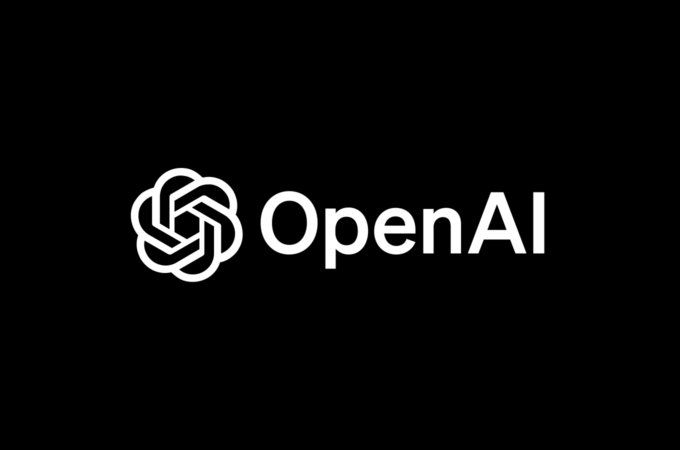
OpenAI Secures Record-Breaking $6.6B Funding, Valuation Soars to $157B
OpenAI, the company behind the popular AI chatbot ChatGPT, has closed a mammoth $6.6 billion funding round, valuing the artificial intelligence powerhouse at $157 billion. This landmark deal, led by Thrive Capital, marks the largest venture capital round in history and cements OpenAI’s position as one of the most valuable private companies globally.
The funding round attracted participation from tech giants and institutional investors alike, including Microsoft, Nvidia, SoftBank, Khosla Ventures, Altimeter Capital, and Fidelity. Notably, Thrive Capital committed $1.3 billion, with reports suggesting they have an exclusive option to invest up to an additional $1 billion at the same valuation through 2025.
This significant capital injection comes at a crucial juncture for OpenAI, as the company aims to accelerate its research into frontier AI and increase its computing capacity. The funds will be instrumental in supporting OpenAI’s ambitious goal of developing artificial general intelligence (AGI) that “benefits all of humanity.”
However, the funding round is not without controversy. Reports indicate that OpenAI asked investors to refrain from backing rival startups such as Anthropic and Elon Musk’s xAI, raising eyebrows in the AI community. Additionally, the investment terms are reportedly contingent on OpenAI transitioning to a for-profit structure within two years, potentially allowing investors to reclaim their funds if this change does not materialize.
OpenAI’s meteoric rise is evident in its user base, with ChatGPT alone boasting over 250 million weekly active users. The company’s revenue projections are equally impressive, with expectations of $3.7 billion in annual sales for 2024, potentially climbing to $11.6 billion by 2025.
Despite these achievements, OpenAI faces challenges, including recent high-profile executive departures and the need to navigate complex regulatory landscapes as it considers restructuring. The company is also grappling with the enormous costs associated with training and running advanced AI models, which are expected to increase substantially as the technology progresses.




